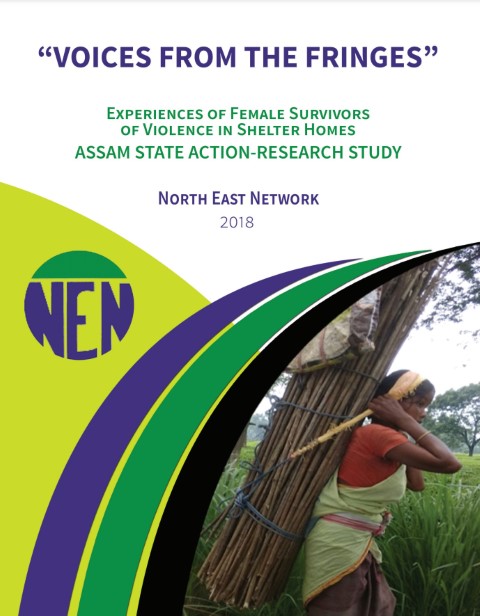For long, despite policy interventions, the state of affairs in shelter homes, including their accessibility and services across states in India, has continued to remain bleak. In an attempt to address the pressing concerns around homelessness vis-à-vis shelter homes, and the range of constraints, lapses and pitfalls involved in the subject, a five-state action research was initiated under the network Lam-lynti Chittara Neralu (LCN). Dedicated to understanding the operational conditions of such homes, to providing evidence-based knowledge through narratives and lived experiences, and to advocating for accountability on the part of the state, this network envisions a much-needed intensive discourse on the issue.
Established in 2016, LCN – which translates to ‘leading the way under the vista of stars’ – is a phrase derived from three Indian languages: Khasi, Telugu and Kannada. It signifies a collective vision of organisations and individuals across India to capture regional specificities and contexts from a feminist perspective towards reimagining shelter homes as safe, liberating spaces.
The increasing occurrence of newer forms of violence against women (VAW) is a disturbing trend. This includes technology-related crimes against women, incestuous crimes, honour killings, cross-border crimes against women and violence against queer persons. No doubt there have been efforts to address these critical concerns; however, these areas require a more sensitive and holistic approach than has been displayed so far. Until now, most of the narratives around shelter homes have been framed through a very narrow lens. Shelter homes remain restricting places that limit women’s rights, autonomy and agency. Further, to locate the very processes that compel women to seek such shelters, the subjective experiences of having stayed in these spaces also need deeper reflections.



